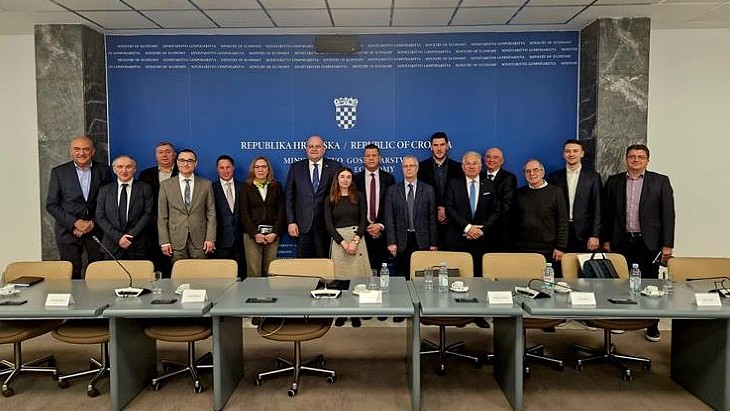The working group, created by the Ministry of the Economy, brings together experts from academia, the energy sector and government, with a key task being to develop a legislative framework, including the establishment of an independent regulatory body for nuclear energy in the country.
Working group members "will analyse the financial and economic aspects of SMR (small modular reactor) technology compared with conventional large nuclear power plants, in order to make the best decision for Croatia".
The ministry is also launching an initiative to establish and expand educational programmes related to nuclear energy to "renew expertise and ensure the development" of knowledge and skills for a future nuclear programme.
Economy Minister Ante Šušnjar said: "It is necessary for Croatia to make decisions that will enable the analysis of all energy options and ensure energy security and national stability ... the Working Group for Nuclear Energy has been established, which will play a key role in shaping future energy policy.
"Croatia must timely recognise global trends and make decisions that will ensure energy stability and sustainability in the long term. Our nuclear agenda is aimed at reducing CO₂ emissions and ensuring the long-term energy independence of the Republic of Croatia. In this context, the working group will play an important role in assessing technological and regulatory aspects and in making strategic recommendations for future decisions on the energy development of the country."
Croatia does not have nuclear energy capacity in the country, but it is the co-owner with Slovenia of the Krsko nuclear power plant close to its border. That plant provides about 16% of Croatia's electricity needs. In the past it has considered joining with Slovenia in building a proposed new reactor at Krsko as an alternative to building new capacity itself. Croatia is one of the signatories of the declaration to triple nuclear capacity by 2050.















